By Glenn Dunks
Short films, whether they be documentary or fiction, are a curious form. What may work in a feature-length film may not work in a short and vice versa, and this can make critiquing them a sometimes tricky prospect. To sit down and watch one often means to set aside the sort of internal critical devices we may use for a feature-length film, typically eschewing the things we may normally look for in films.
By their very nature, we don’t get to spend enough time in their ephemeral worlds but I do not care for short films that feel like truncated version of larger stories. They don’t necessarily have to tell an entire story, but they have to feel like a completed thought, mood, or idea.
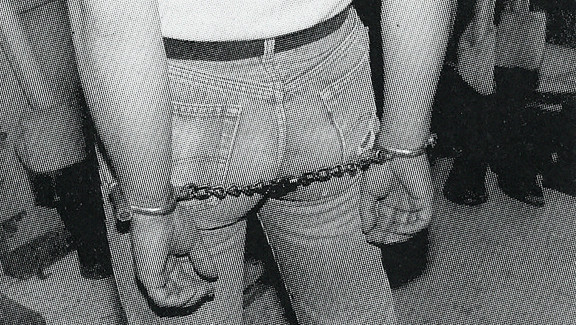
Some of the short documentaries that I have been watching have been just that, others less so.
Without a doubt the best and most elegantly cinematic is David Verbeek’s sleekly atmospheric Trapped in the City of a Thousand Mountains (Guardian Documentaries). A dreamy descent into the underground rap scene of Chongqing, this film is very high on capturing this city’s facades and hidden passages in ways that on occasion echo Blade Runner, while other times observing his subjects up close as their faces are bathed in smartphone light. Verbeek, working as his own cinematographer, is clearly a fan of tracking shots and uses them to follow his subjects floating through the streets between noodle shops and warehouses, evoking the very quiet voyeurism of surveillance that is an ever-pervading and oppressive force on the youth in China. Set to a pulsating soundtrack of synthesizers and Chinese rap performance, Trapped in the City of a Thousand Mountains transcends its brief 20-minute runtime and feels like something truly expansive.
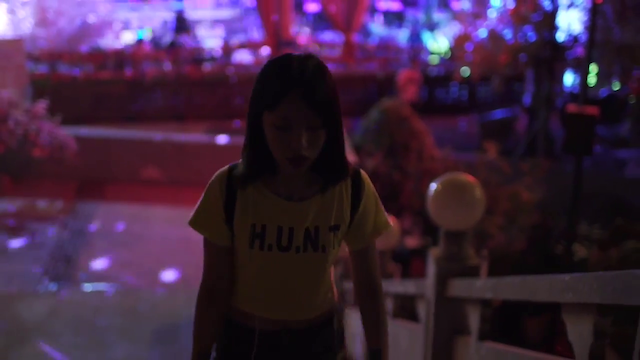
I didn't expect RaMell Moss’ Hale County This Morning, This Evening to be an Oscar nominee and yet there it was on last year’s feature list. Moss has a new short called Easter Snap (Field of Vision) about the ritual of five African American men in Alabama preparing a hog for the slaughter. What I actually appreciated most was Ross’ minimal hand, very different to Hale County, which was full of directorial flourishes. I had never really considered the shaving process of a pig, the often slow and meticulous process of it. I suppose one can see multiple symbolisms in it, but in this thorough process results a variety of minor life moments.
Race plays a more obvious part in St. Louis Superman (MTV), which shares a grassroots political space with Knock Down the House and Street Fight. I wished director Smriti Mundhra and Sami Khan had been allowed to go deeper with their subject, Missouri House of Representatives member Bruce Franks Jr, but the demons that plague him ultimately cut his career and the film short. I feel a bit churlish being critical of a film that seems so obviously hobbled; what is there has the promise of something politically aware that wants to question the very mechanics of American politics.
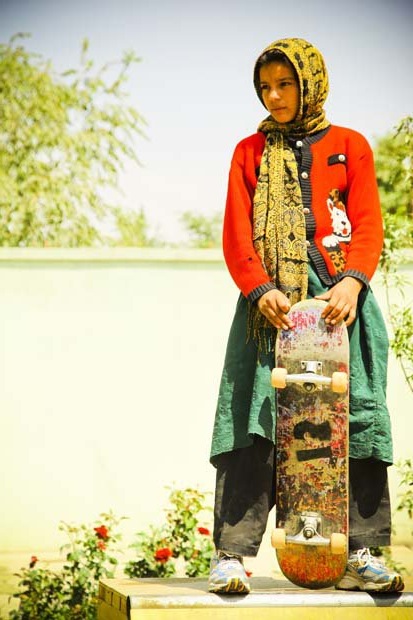 More to the Academy’s liking I suspect is Learning to Skateboard in a Warzone (If You’re a Girl) [A&E/Lifetime], Carol Dysinger look at life in Afghanistan for a collective of girls attending school and skateboarding class. Blending charm with an important subject matter – also a strong element of the 2018 doc short winner, Period. End of Sentence – that doesn’t overstay its welcome should make it popular, and it’s not hard to see why. A boutique story, very much a slice of life, well told is often the most basic key.
More to the Academy’s liking I suspect is Learning to Skateboard in a Warzone (If You’re a Girl) [A&E/Lifetime], Carol Dysinger look at life in Afghanistan for a collective of girls attending school and skateboarding class. Blending charm with an important subject matter – also a strong element of the 2018 doc short winner, Period. End of Sentence – that doesn’t overstay its welcome should make it popular, and it’s not hard to see why. A boutique story, very much a slice of life, well told is often the most basic key.
Less effective to me were two Netflix documentaries. Bassam Tariq’s Ghosts of Sugar Land (Netflix October 16) is the more interesting of two, but I found Tariq’s central storytelling gamble to be somewhat misguided. In telling the story of a black Muslim man in America whose gradual veering towards radicalism – culminating in his assumed joining of ISIS – the film obscures the faces of the man’s friends with masks of superheroes. Their friend, “Mark”, is only one whose face is seen. I understand the idea behind it, and certainly works better here than it would in a feature, but in doing so loses the connection between the audience and the people who are there on screen in front of us telling their story. It’s distancing in a way that Drea Cooper and Zackary Canepari’s Fire in Paradise (Netflix November 1st) isn’t putting its subjects faces, etched in pain and trauma, there in our faces. But while their film about a Californian wildfire that killed over 80 people – the deadliest American wildfire in over a century – has this and is the more technically accomplished of the pair, I was never taken in by the immediacy of the tragedy. Rushed and lacking storytelling innovation, I struggled to be enthused by what ultimately feels like a report from a television news program.
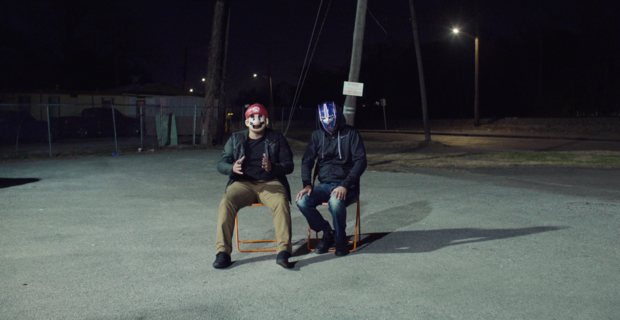
Storytelling innovating is definitely something that isn’t lacking in Charlie Lyne’s Lasting Marks (Field of Vision). Told in vertical aspect ratio and made up entirely out of newspaper clippings and voice-over by Roland Jaggard, this is a truly eye-opening glimpse into a shameful period of modern gay history from the UK. The keen-eyed viewer will want to navigate every word on the screen despite the fury it may elicit. I was extremely impressed and felt as if I’d seen a story told in a way that wasn’t just new, but executedin such a way that made me look at the form a little big differently that I had before.
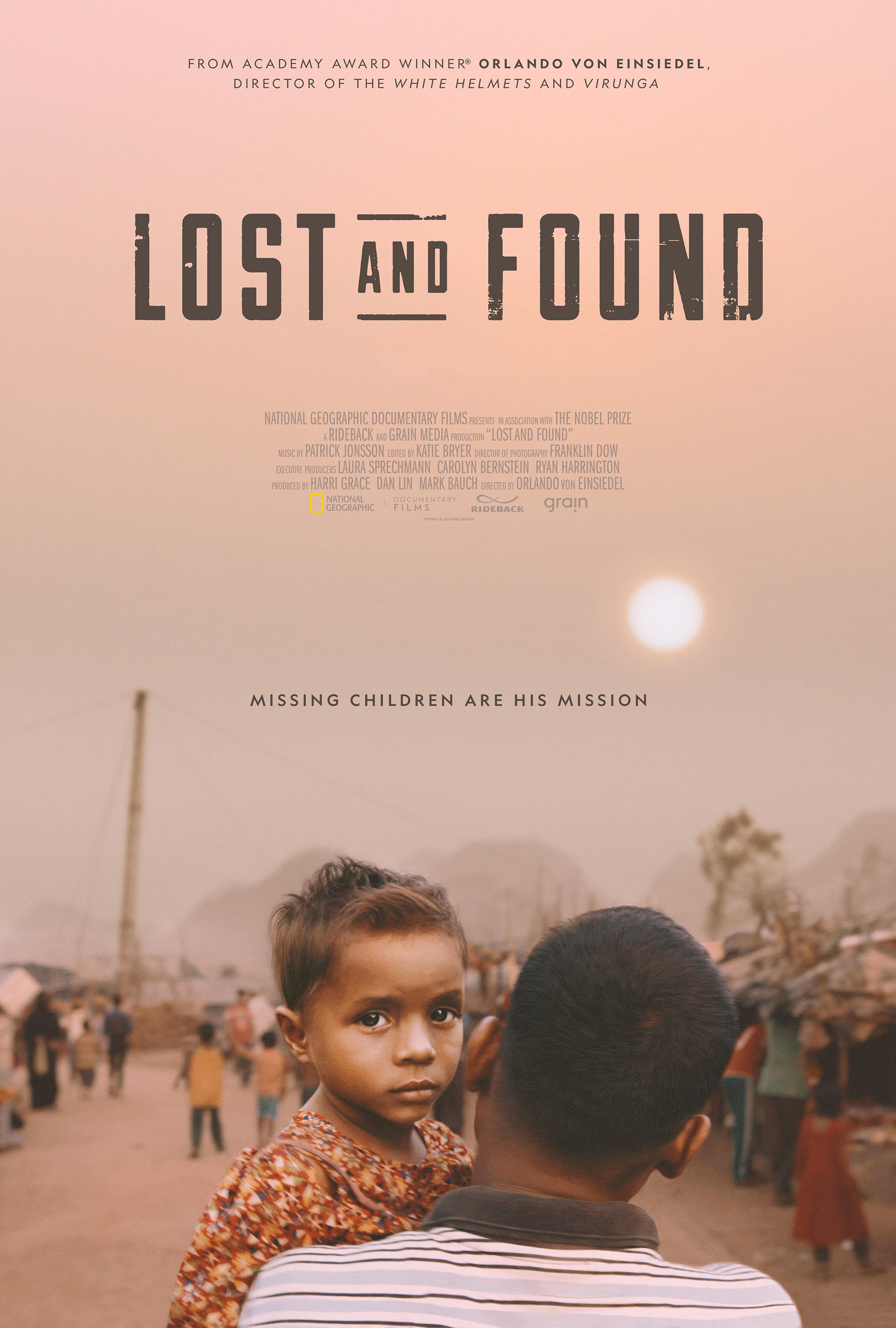 I had liked director Orlando von Einsiedel’s Oscar-winning short The White Helmets well enough (as well as his nominated feature Virunga; my favourite remains his autobiographical Evelyn on Netflix now), but Lost and Found (National Geographic) was, for me, the worst kind of documentary short. I found it to be preying on its audience’s emotions in the most frustratingly mundane of ways, not helped by its overbearing score and its repeated honey-filtered shots of beauty within the chaos of a refugee camp as a man attempts to reconnect lost kids with their family. The repetitious nature of its story only made me question what von Einsiedel was trying to say and why he had it say it in such a sickly way.
I had liked director Orlando von Einsiedel’s Oscar-winning short The White Helmets well enough (as well as his nominated feature Virunga; my favourite remains his autobiographical Evelyn on Netflix now), but Lost and Found (National Geographic) was, for me, the worst kind of documentary short. I found it to be preying on its audience’s emotions in the most frustratingly mundane of ways, not helped by its overbearing score and its repeated honey-filtered shots of beauty within the chaos of a refugee camp as a man attempts to reconnect lost kids with their family. The repetitious nature of its story only made me question what von Einsiedel was trying to say and why he had it say it in such a sickly way.
Having said that, it will probably win the Oscar if it's nominated.